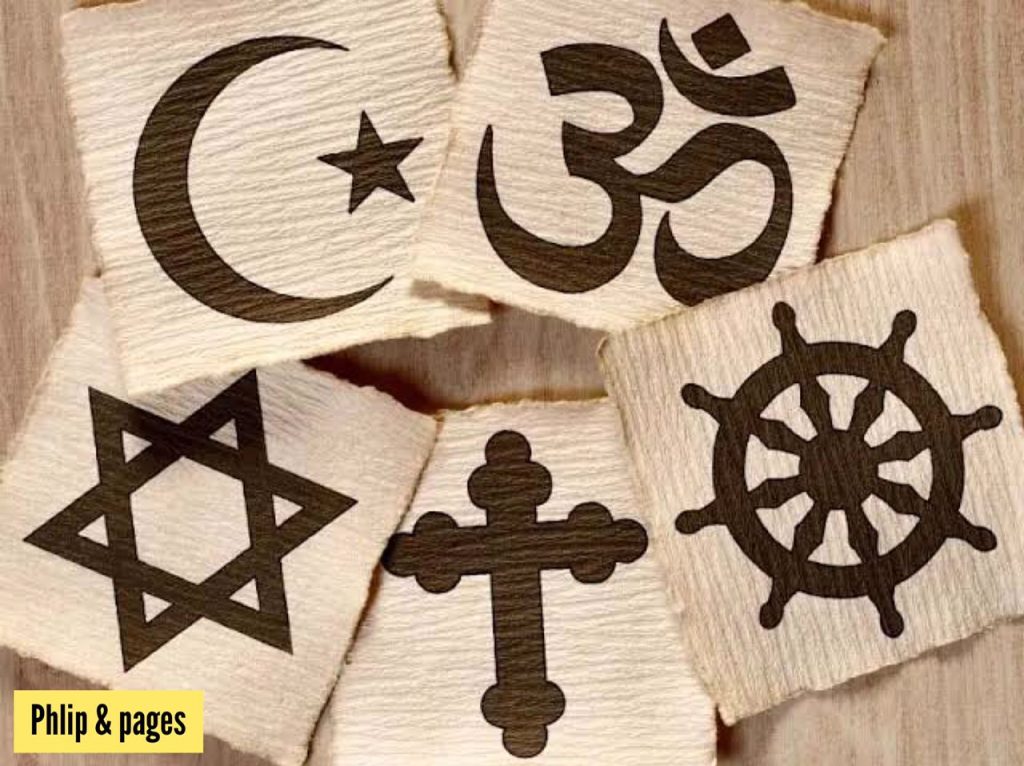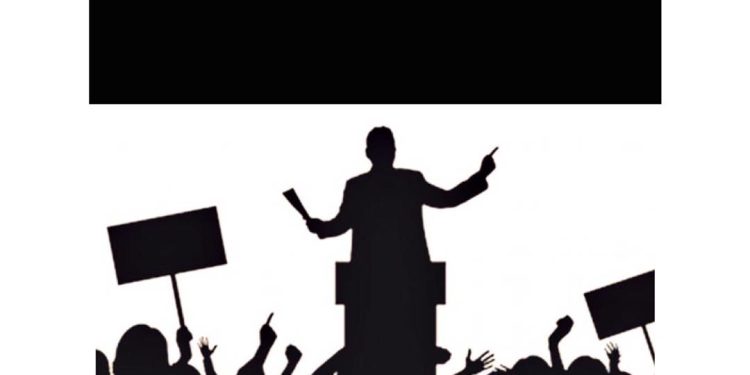The relationship between politics and religion has been a topic of discussion for centuries. Both politics and religion are powerful forces that can shape society, and it is important to understand their connection in order to fully comprehend the world we live in today.
There are many ways in which politics and religion are connected. For starters, religion can influence political beliefs and vice versa. Many political ideologies have been shaped by religious beliefs, and politics can also impact religious practices and beliefs.
One example of the connection between politics and religion is the role of religion in government. Many countries have established religions, and some political parties have religious affiliations. This can lead to debates over the role of religion in government, as well as conflicts over which religion should be recognized as the official one.
Furthermore, religious leaders often have a significant influence on politics. They can use their platform to support or oppose political candidates, policies, and initiatives. This can lead to the formation of religious interest groups, which can have a significant impact on political decisions.

At the same time, politicians can also influence religious practices and beliefs. For example, they may pass laws that impact religious freedom or regulate religious institutions. This can lead to tensions between religious groups and the government, as well as debates over the appropriate role of government in religious affairs.
politics and religion are intertwined in many ways. While there is no one-size-fits-all answer to the question of whether politics is connected to religion, it is clear that the two are closely related. Understanding the connection between politics and religion is important for anyone who wants to understand the world we live in today.
















